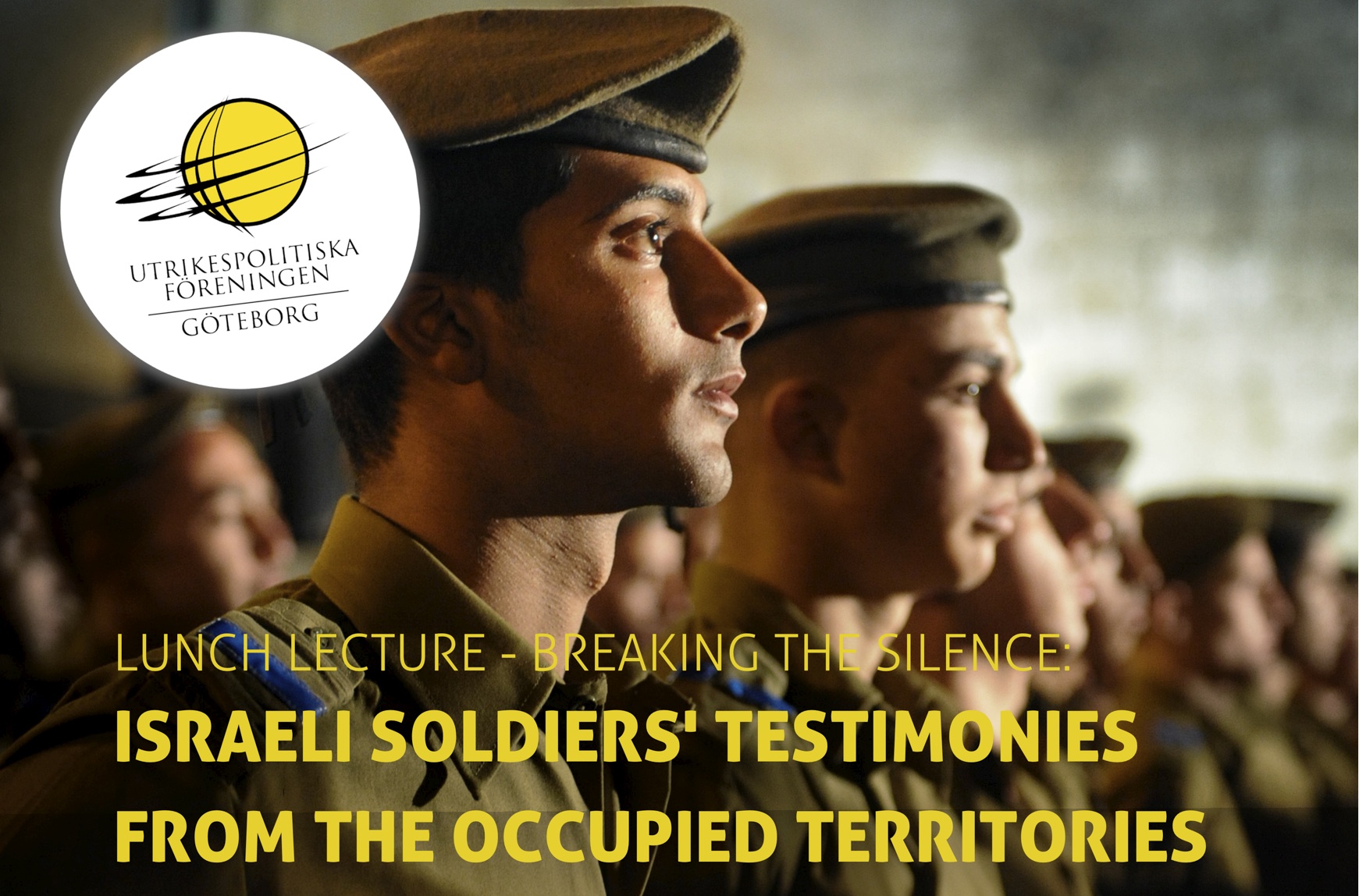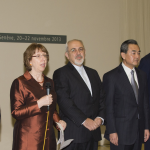What is often perceived as being the optimal solution to the situation in Palestine, the ‘goal of the peace-process’ that many observers tend to stick to, is what has been dubbed the ‘two-state solution’. It states the case for the establishment of a sovereign Palestinian state on the West bank and in Gaza, and for Israel to acknowledge Palestine as a sovereign state and withdraw to the borders of 1967. The ideal-case scenario according to this view would be for the two areas to co-exist independently without the residents in either state having to cross the borders of the opposing state in order to reach another part of their own territory. This would include a ‘corridor’ between the West Bank and the Gaza Strip.
The reasoning behind this view of the problem is grounded in the idea of the nation-state, where every population ought to have their own territory where no outsiders intervene in their internal affairs. Just draw the line, pass the law, and the two separate states shall relate to each other through bilateral agreements.
A quick look at Palestine reveals how unimaginative this solution is in regard to how intertwined the two populations are and how different the terms of living are: Palestinians live in Israel, and hundreds of thousands of Israelis live on occupied Palestinian land. A separate Palestinian state, divided in between Gaza and the West Bank, would not be able to solve the problem of the Palestinian diaspora: Palestinians within Israel that do not want to move into a Palestinian state outside of Israel would still be under severe burdens of inequality and discrimination, with or without a ‘state of their own’.
As such, the creation of a state would serve as a legitimation of the Palestinian struggle on the international scene, but not much more than that, since a long-term solution requires mobility for both sides to trade and invest on either side of the fence; something that inevitably requires for Israelis and Palestinians to get along.
Striving for two separate states, closed off from one another simply runs the risk of obscuring that goal. Instead, what is needed is the strengthening of Palestinian civil-society as well as of the increasingly important secular tendencies in Israel. The long-term solution has to be one secular, individual state with a population consisting of both minorities, with constitutional rights based on their human values rather than their ethnic or religious identities. However far away that utopia may be, the efforts have to be directed toward those institutions that serve the purpose of equality on the individual level. Not the other way around.
Text: Josef Svantesson
Don’t miss the lunch lecture this friday!
Lunch Lecture: Breaking The Silence – Israeli Soldiers’ Testimonies From The Occupied Territories
 What? Lunch lecture
What? Lunch lecture
When? Friday, April 19 12:30-14:00
Where? Hörsal Sappören, Sprängkullsgatan 25
Breaking the Silence, formed in Jerusalem in 2004, is an organization aiming at revealing the reality of everyday life in the Occupied Territories, with the help of testimonies from soldiers who have served in the Israeli military.
Dana Golan, 29, from Herut, Israel, joined the IDF in 2001. She has served as an officer in the Education Corps, at the Hebron Boarder Police Base, and at the Military Prison in Zrifin, until her release from the army in 2004. Dana served as the Executive Director of Breaking the Silence 2009 – 2013. Dana will tell us about the organization, and the book with the same name which was released in Sweden this year.




